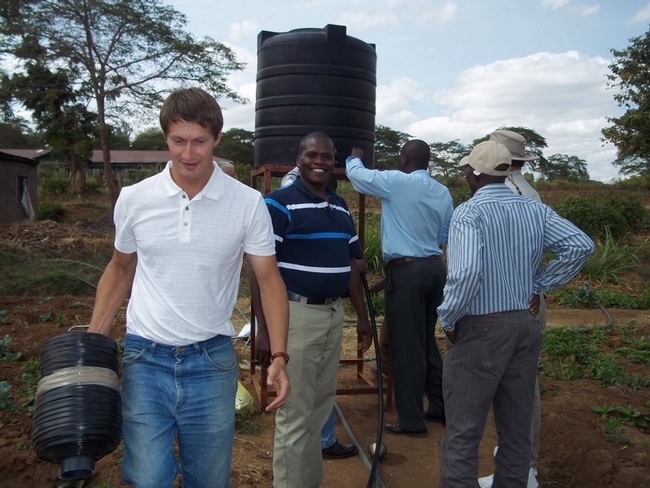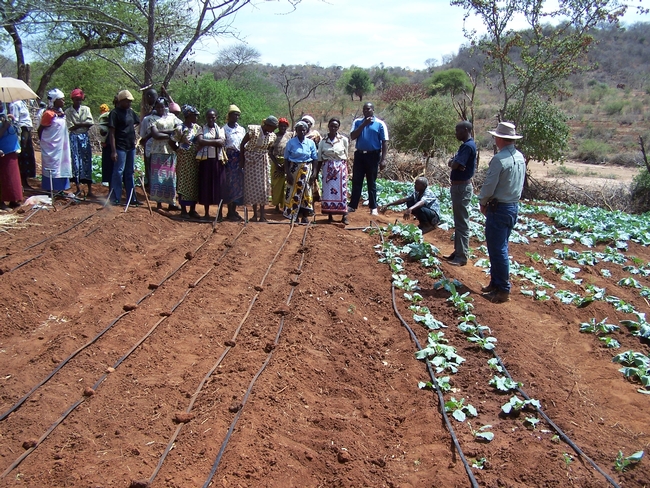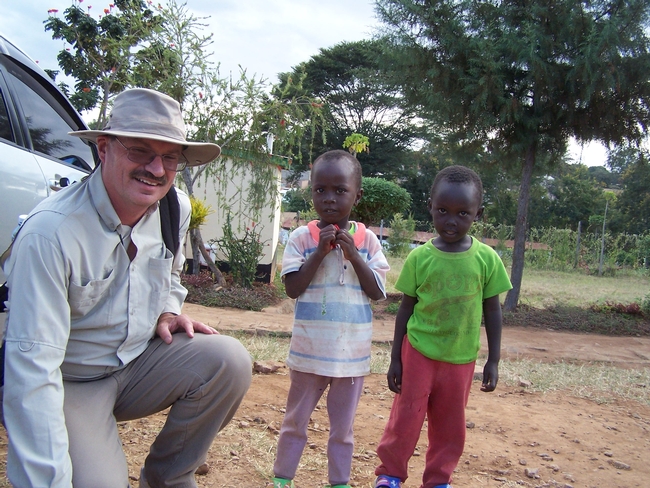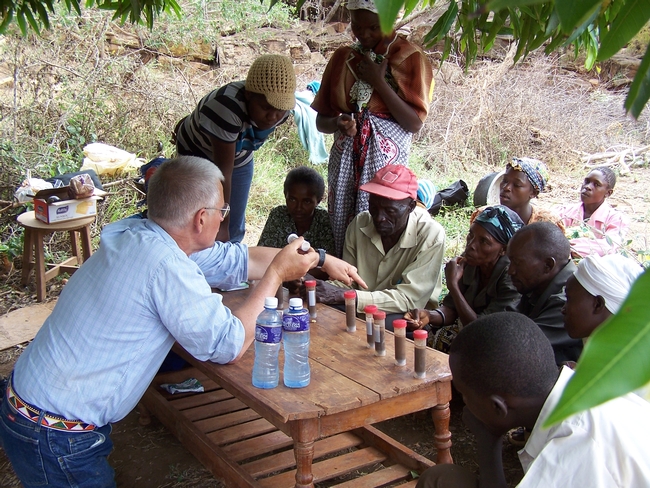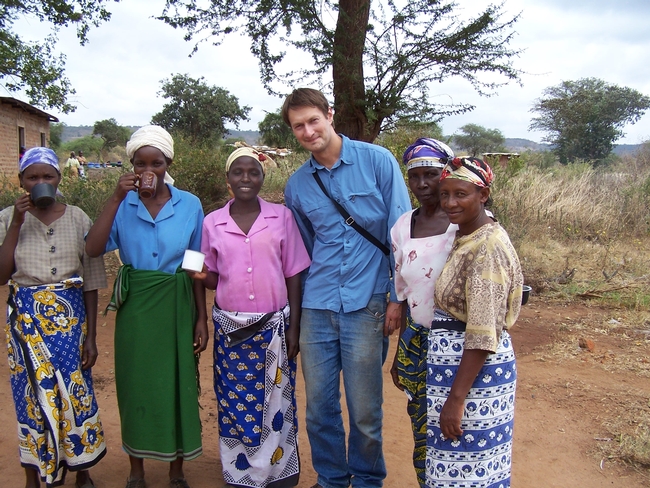- Author: Chris M. Webb
In an effort to encourage composting and rain water harvesting, the County of Ventura Integrated Waste Management, Ventura Countywide Stormwater Quality Management Program and local Ventura County cities are sponsoring a compost bin and rain barrel truckload sale.
Composting and rain water harvesting provide many environmental benefits, including reducing urban runoff. As an added bonus these practices can also help save money.
The truckload sale is available to all County of Ventura residents. Bins and barrels will be available at less than half the regular price. The sale will be held at the County of Ventura Government Center on Saturday, October 22, 2011. To learn more, please see their flyer.
The County of Ventura Integrated Waste Management Division website has many other fabulous resources for residents looking to improve the environmental health of their communities.
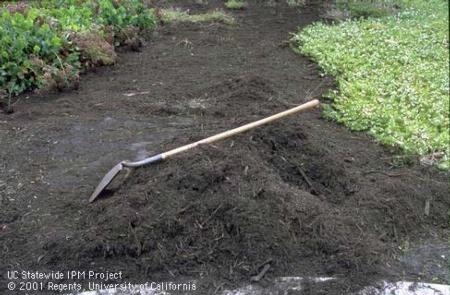
- Author: Chris M. Webb
The NCAT Sustainable Agriculture Project provides “high value information and technical assistance to farmers, rancher, Extension agents, educators, and others” throughout the United States.
Founded in 1976, this nonprofit organization works to “promote self-reliance and sustainable lifestyles through wise use of appropriate technology. Its programs deal with sustainable and renewable energy, energy conservation, resource-efficient housing, sustainable community development, and sustainable agriculture.” These resources are available in Spanish.
Their information is organized under 14 topic areas:
- What is sustainable agriculture?
- Education
- Energy alternatives
- Beginning farmer
- Field crops
- Horticultural crops
- Livestock & pasture
- Local food systems
- Marketing, business & risk management
- Organic farming
- Pest management
- Soils & compost
- Water management
- Other resources
A variety of funding opportunities are available.
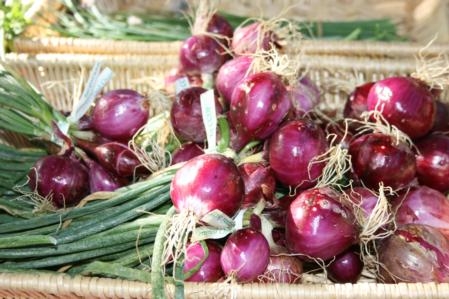
- Author: Chris M. Webb
The World Avocado Congress meets once every four years to discuss the latest research on avocados. This premier event brings together growers, researchers, and others in the avocado industry from around the globe.
The most recent meeting was held earlier this month in Cairns, Australia. Abstracts and articles from the four day conference are available online.
Topics include: new varieties and rootstocks; pruning and planting density; management of irrigation and fertilizers; marketing; post harvesting techniques; and pest and disease management. Some of the articles are available in Spanish.
For non-growers it is interesting to view the site and take a peek into the complexity and dedication required for the production just one food crop in your food web. There is much more to the avocado than what you see in the market.
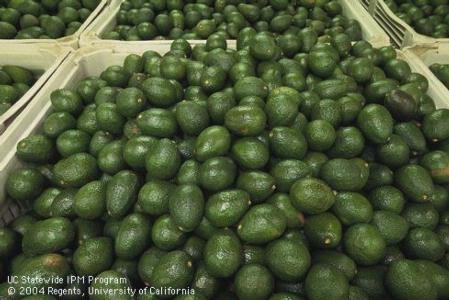
- Author: Chris M. Webb
One of our regular blog readers submitted a question about using chlorinated city water when watering plants. He noted that watering plants with stored rain water promotes growth in comparison to chlorinated water. Also mentioned was the potential for chlorinated water to kill beneficial organisms in the soil that nourish plants.
Ben Faber, a UCCE scientist specializing in: soil; plant; water; and nutrient relationships, says that chlorinated water can be a problem. For those wishing to water plants with chlorine-free water, simply let the water sit for a few hours to allow the chlorine gas to leave the water.
Gravity-flow drip systems, like the one shown in this article may be useful for those who appreciate the benefits of drip line irrigation.
Not all municipal water sources use chlorine to treat water. Check with your water supplier first to find out what is used to treat water in your community. Many cities are using chloramine which is more stable than chlorine gas.
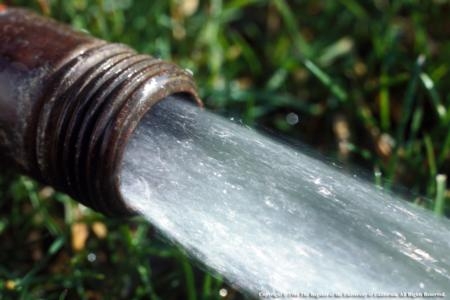
- Author: Chris M. Webb
In June of this year, three University of California scientists went to the Kitui District of Kenya on a USAID mission.
Food and water scarcity are simply a part of life for most in this region. Since 1992 the Sahelian Solution Foundation (SASOL) has been constructing dams and working with Kitui communities to address water scarcity and issues of community development and agricultural production.
Agricultural production in Kenya is full of challenges. Water is carried by hand from wells or dams for household and agricultural needs. Previous to this mission crops were watered inefficiently by flooding small basins. Nitrogen tests in some locations revealed levels at which most vegetable crops would be nitrogen deficient. Some of the villages have no road access.
UC’s Steve Fennimore, Jeff Mitchell, and Oleg Daugovish went to help SASOL and the people they serve make better use of their resources.
They met with village leaders and SASOL personnel in Kitui. Here they provided training and demonstrations covering topics including:
- Demonstrations of gravity-flow drip irrigation systems from water tanks to individual beds with irrigation lines
- Discussed use of mulches on soil to minimize evaporation and enhance soil conservation
- Solarization, nursery for transplants, diseases and insects, training tomato plants and culture
- Soil types, determination of soil moisture, quick nitrogen test, use of cover crops and mulches
- Water quality (pH, hardness, salts), organic fertilizers, collection and use of urine as a rapidly available nitrogen source.
Later the information was shared in the Maito village, where onions, green kale and green grams (Phasleolus aureus) are grown. The next day found the group in the Kituvwi village, where due to poor crop production meals are currently limited to once a day. The following day was spent in the Kathayoni village. Farmers in the Kathayoni village grow kale, onions and tomatoes.
SASOL will continue the training for members in villages not reached during this visit.
The majority of farmers in the Kitui District are women. Information was well received in all locations and many questions were asked. At each village the scientists were fed a stew of corns and beans, supplemented by avocado slices or bread, with tea and milk to drink.
The last day time was spent at the South East University College. Potential for agricultural experimentation and greenhouses was discussed, and UC scientists gave a seminar about UCCE function and on anaerobic soil-borne pest control.
